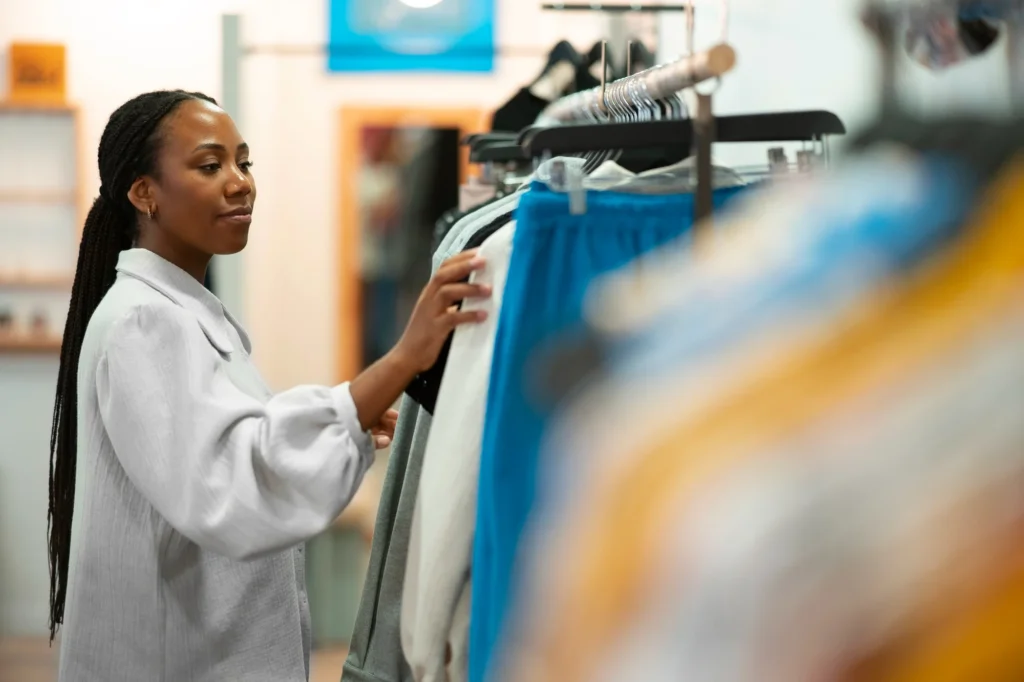Cameroon- In an innovative public-private partnership, Douala General Hospital has significantly upgraded its laundry services, marking a substantial improvement in the hospital’s operational efficiency and service quality. The project, initiated in October 2017 with Elégance Pressing, a prominent laundry service company known for its widespread presence across Cameroon and notable market shares in the sub-regional hospital lingerie sector, aimed to revamp the hospital’s laundry operations.
The collaboration allowed for the financing, acquisition, installation, operation, and maintenance of crucial laundry equipment, enhancing the hospital’s capacity to manage its linen hygiene and availability effectively. The equipment list included advanced machinery such as two ironing dryers, electric dryers with substantial capacity, bi-frontal sanitary barrier washers, industrial washers of various capacities, industrial wringers, free-standing ironing tables, and an electric boiler. This array of modern equipment aimed to streamline the hospital’s laundry processes, ensuring a high standard of cleanliness and efficiency.
Elégance Pressing, with its considerable experience in the laundry industry and a solid footprint in all ten regions of Cameroon, was contracted to undertake this critical task. The contract was signed on October 10, 2017, and by January 2018, after a rigorous installation and testing phase, the new laundry services were operational. This transition marked a significant upgrade in the hospital’s ability to manage the 7190 kg of laundry processed monthly, reflecting a direct impact on patient care and hospital operations.
However, the journey was not without its challenges. Initial difficulties in rent payment regularity arose due to the absence of specific modalities in the payment mechanism, leading to delays. These were effectively addressed through an amendment, ensuring the smooth continuation of services. The operation and maintenance plan further ensured that the temporary unavailability of equipment did not disrupt the service, maintaining the quality and continuity essential for hospital operations.
Financially, the project represented a total investment of 1.255 billion FCFA, including a monthly rent of approximately 20.9 million FCFA. Despite these significant figures, the partnership has proven economically beneficial for Douala General Hospital, saving nearly 4.8 million FCFA monthly and totaling savings of 293 million FCFA over the operating period. These savings have been redirected towards other critical needs within the hospital, illustrating the project’s financial and operational efficiency.
Beyond the immediate financial benefits, the project has had a notable socioeconomic impact. It has generated 14 new jobs, with a monthly payroll of 2 million FCFA, including social charges and taxes, contributing to local employment. Despite this positive outcome, the project has faced criticism for its lack of gender inclusivity in recruitment practices, highlighting an area for improvement in future initiatives.
From a service quality perspective, the hospital’s laundry service has seen uninterrupted operation since its inception in January 2018. This reliability is crucial for hospital operations, where the risk of contamination and the need for hygienic linen are paramount. The project’s success in separating hospital linens from those of the general public has significantly mitigated contamination risks, showcasing the project’s positive impact on public health safety.
In summary, the rehabilitation of Douala General Hospital’s laundry services through a public-private partnership with Elégance Pressing has demonstrated a successful model of infrastructure improvement in healthcare settings. The project has not only enhanced operational efficiency and service quality but also provided significant financial savings and socioeconomic benefits. As the project continues, it stands as a testament to the potential of collaborative efforts in advancing healthcare services, with the hope that future initiatives will address the current gaps in gender inclusivity and continue to build on the successes achieved so far.



